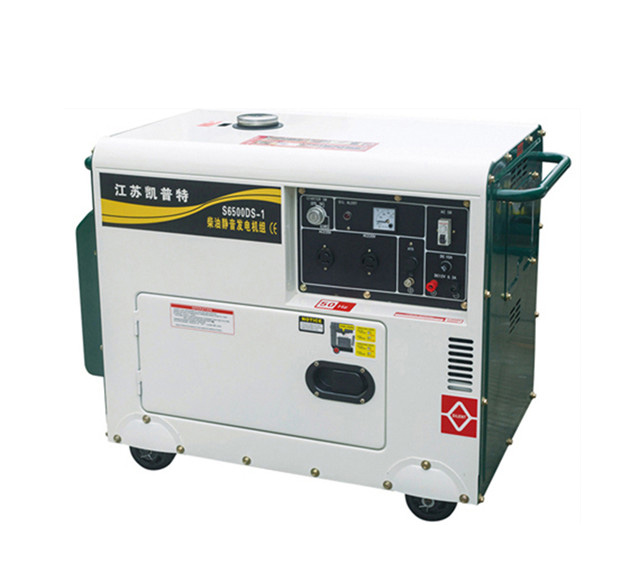

Steel slag is a reusable resource in many fields, and it can be employed as a soil conditioner or a steel slag cement compound ( Lian et al., 2021). Steel slag is the waste generated during steel making in the steel refining process, which corresponds to approximately 10–15% of crude steel output. By the end of 2020, China’s steel production reached 1.05 billion tons, with an annual growth of 5.4%. Based on a test road used for 2 years, the SSAM pavement exhibited no pavement problems, such as cracking, loosening, or rutting, which indicates good practical road performance.Ĭhina is the largest steel-producing country, accounting for about 50% of global steel production. Under the influence of moisture, the anti-deformation ability of SSAMs can grow, which promotes the high-temperature deformation resistance of asphalt pavement. It was determined that the shear stress of this type of pavement is large, and it can easily produce permanent deformations. The mechanical properties of semirigid asphalt pavement were analyzed by ANSYS. The increased internal friction angle was caused by calcium hydroxide and other crystals formed on the surface of the steel slag mixture after immersion, which increased the surface roughness of the steel slag aggregates and the internal friction angle of the SSAM. The experimental results showed that the cohesion of steel slag did not decrease significantly after immersion because of the excellent adhesion between steel slag and asphalt. To better understand the reason for the increased anti-deformation ability, adhesion tests of asphalt and microscopic studies of the steel slag surface were performed.

The results show that the deformation resistance of SSAM was improved after 120 days of immersion, the cohesion did not decrease significantly, and the internal friction angle increased by 25.1% the deformation resistance of LAM decreased significantly, the cohesion decreased by 27.1%, and the internal friction angle decreased by 21.1%. To study the deformation resistance of steel slag asphalt mixtures (SSAMs) under rainy conditions, limestone–asphalt mixtures (LAMs) and SSAM were soaked in water at room temperature for 120 days and rutting tests and triaxial compression tests were carried out. 2School of Civil Engineering and Transportation, Hebei University of Technology, Tianjin, China.1Jiangsu JITRI Road Engineering Technology and Equipment Research Institute Co., Ltd., XuZhou, China.


 0 kommentar(er)
0 kommentar(er)
